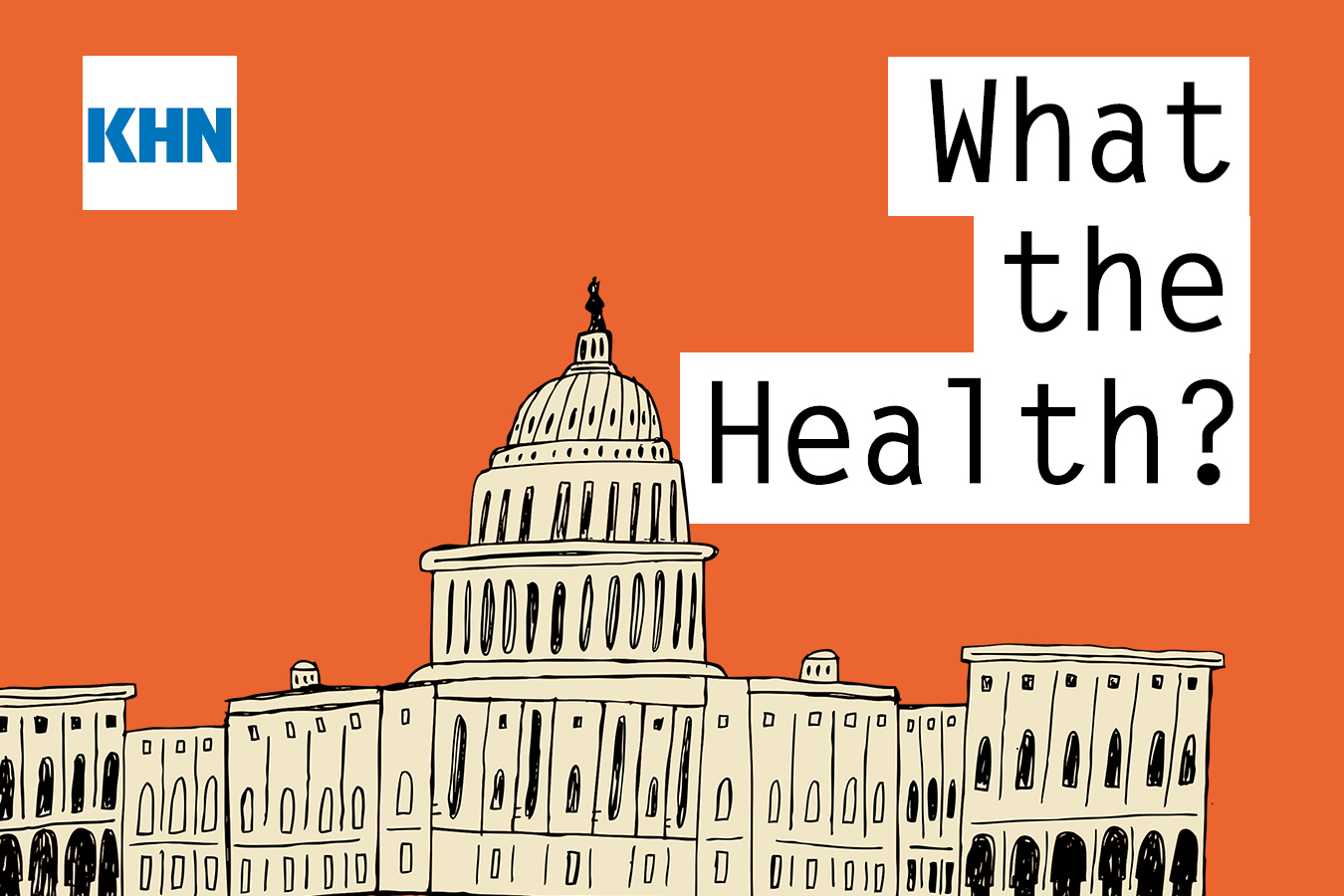March Medicaid Madness

The Host
With Medicare and Social Security apparently off the table for federal budget cuts, the focus has turned to Medicaid, the federal-state health program for those with low incomes. President Joe Biden has made it clear he wants to protect the program, along with the Affordable Care Act, but Republicans will likely propose cuts to both when they present a proposed budget in the next several weeks.
Meanwhile, confusion over abortion restrictions continues, particularly at the FDA. One lawsuit in Texas calls for a federal judge to temporarily halt distribution of the abortion pill mifepristone. A separate suit, though, asks a different federal judge to temporarily make the drug easier to get, by removing some of the FDA’s safety restrictions.
This week’s panelists are Julie Rovner of Kaiser Health News, Alice Miranda Ollstein of Politico, Rachel Cohrs of STAT News, and Lauren Weber of The Washington Post.
Among the takeaways from this week’s episode:
States are working to review Medicaid eligibility for millions of people as pandemic-era coverage rules lapse at the end of March, amid fears that many Americans kicked off Medicaid who are eligible for free or near-free coverage under the ACA won’t know their options and will go uninsured.
Biden promised this week to stop Republicans from “gutting” Medicaid and the ACA. But not all Republicans are on board with cuts to Medicaid. Between the party’s narrow majority in the House and the fact that Medicaid pays for nursing homes for many seniors, cutting the program is a politically dicey move.
A national group that pushed the use of ivermectin to treat covid-19 is now hyping the drug as a treatment for flu and RSV — despite a lack of clinical evidence to support their claims that it is effective against any of those illnesses. Nonetheless, there is a movement of people, many of them doctors, who believe ivermectin works.
In reproductive health news, a federal judge recently ruled that a Texas law cannot be used to prosecute groups that help women travel out of state to obtain abortions. And the abortion issue has highlighted the role of attorneys general around the country — politicizing a formerly nonpartisan state post. –And Eli Lilly announced plans to cut the price of some insulin products and cap out-of-pocket costs, though their reasons may not be completely altruistic: An expert pointed out that a change to Medicaid rebates next year means drugmakers soon will have to pay the government every time a patient fills a prescription for insulin, meaning Eli Lilly’s plan could save the company money.
Plus, for “extra credit,” the panelists suggest health policy stories they read this week that they think you should read, too:
Julie Rovner: The New York Times’ “A Drug Company Exploited a Safety Requirement to Make Money,” by Rebecca Robbins.
Alice Miranda Ollstein: The New York Times’ “Alone and Exploited, Migrant Children Work Brutal Jobs Across the U.S.,” by Hannah Dreier.
Rachel Cohrs: STAT News’ “Nonprofit Hospitals Are Failing Americans. Their Boards May Be a Reason Why,” by Sanjay Kishore and Suhas Gondi.
Lauren Weber: KHN and CBS News’ “This Dental Device Was Sold to Fix Patients’ Jaws. Lawsuits Claim It Wrecked Their Teeth,” by Brett Kelman and Anna Werner.
Also mentioned in this week’s podcast:
To hear all our podcasts, click here.
And subscribe to KHN’s What the Health? on Spotify, Apple Podcasts, Stitcher, Pocket Casts, or wherever you listen to podcasts.
Related Topics
Contact Us
Submit a Story Tip




